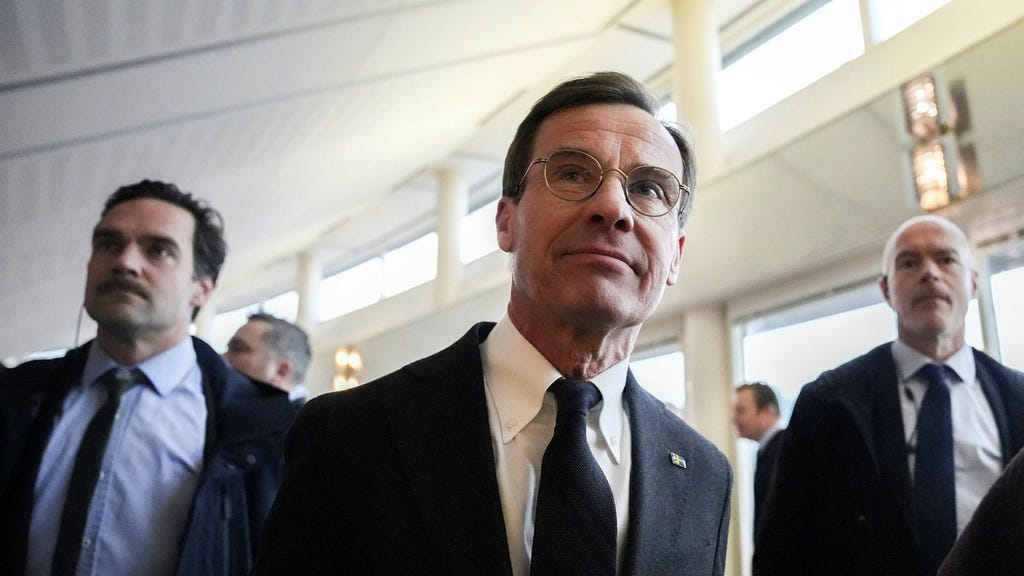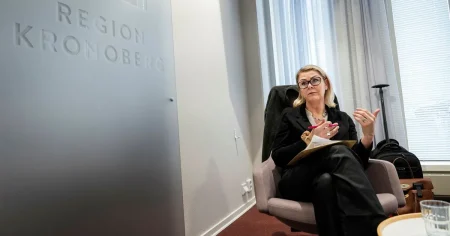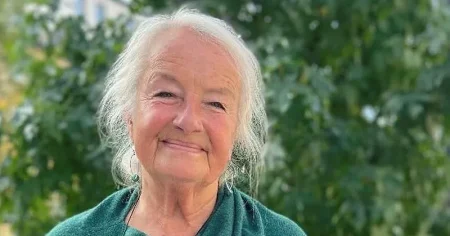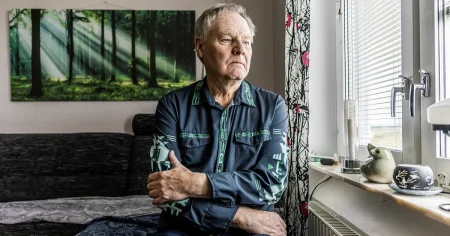Paragraph 1: A New Era in Swedish Politics
The opening of the first parliamentary debate of the year signaled a shift in Swedish political discourse. Journalists’ initial questions, surprisingly, focused on tech billionaire Elon Musk and Greenland’s sovereignty rather than domestic issues. However, the true harbinger of change came just minutes before the debate, when Justice Minister Gunnar Strömmer announced proposed constitutional amendments. These amendments, backed by a broad parliamentary majority, centered on revoking the citizenship of dual nationals convicted of "system-threatening crimes" targeting the Swedish state. This announcement set the stage for a heated debate and signaled a new focus on national security and the rights of citizenship. The timing of the announcement, just before the debate, suggested a deliberate strategy to shape the political narrative.
Paragraph 2: Conflicting Narratives on Citizenship Revocation
Prime Minister Ulf Kristersson seized on the proposed amendments during the debate, declaring an intention to target gang criminals by confiscating both their "luxury goods" and their passports. This strong rhetoric attempted to project a tough stance on crime, but the reality proved more nuanced. While a broad consensus supported revoking citizenship for those involved in state-directed crimes, there was no such agreement on extending this measure to gang-related activity. The Tidö parties (the governing coalition), in a separate statement, advocated for this broader application, citing "crimes that seriously damage the state’s vital interests." This immediately created a dividing line between the government and the opposition.
Paragraph 3: Social Democrats Cry Foul
The Social Democrats swiftly responded to the Tidö parties’ proposal, calling a press conference to denounce what they perceived as a politicization of constitutional amendments. Amalia Rud Stenlöf, a Social Democratic representative, accused Strömmer of using the amendments for partisan gain and questioned whether the government intended to proceed despite lacking a clear majority. The Social Democrats argued that the vague wording regarding "vital interests" could be exploited by the Sweden Democrats (part of the governing coalition) to target specific groups and undermine fundamental rights. This rapid response signaled a fierce battle ahead over the proposed changes and their potential implications.
Paragraph 4: A Calculated Political Gambit?
Despite the lack of consensus, sources within the government indicated a firm intention to pursue the broader citizenship revocation measures, even if it meant breaking with established parliamentary tradition. This suggests a calculated gamble by the government, potentially aiming to force a defining wedge issue in the upcoming election cycle. The strategy seems clear: pressure the Social Democrats into a defensive position by framing them as soft on crime and unwilling to take decisive action against gang leaders. The government appears confident that this narrative will resonate with voters concerned about law and order.
Paragraph 5: The Emerging Battle Lines
The dispute over citizenship revocation has quickly become a central conflict between the governing coalition and the Social Democrats. It represents one of the few clear policy differences remaining between the two sides on law and order issues, creating an ideal battleground for the upcoming election. The government is expected to relentlessly press the Social Democrats on their reluctance to strip notorious gang leaders of their citizenship, using high-profile figures like Rawa Majid (known as the "Kurdish Fox") as examples. The Social Democrats, in turn, will likely accuse the government of undermining the integrity of constitutional amendments and prioritizing political expediency over consensus-building.
Paragraph 6: The Road Ahead for Constitutional Change
The proposed constitutional amendments face a lengthy process before becoming law, requiring two identical parliamentary votes with an intervening election. The government intends to present the legislation within a year, effectively guaranteeing that the issue of citizenship revocation will dominate the upcoming election campaign. Prime Minister Kristersson appears unfazed by this prospect, perhaps calculating that the issue will work in his favor. The battle lines are drawn, and the debate promises to be a defining moment in Swedish politics, raising fundamental questions about citizenship, national security, and the balance of power within the government.














